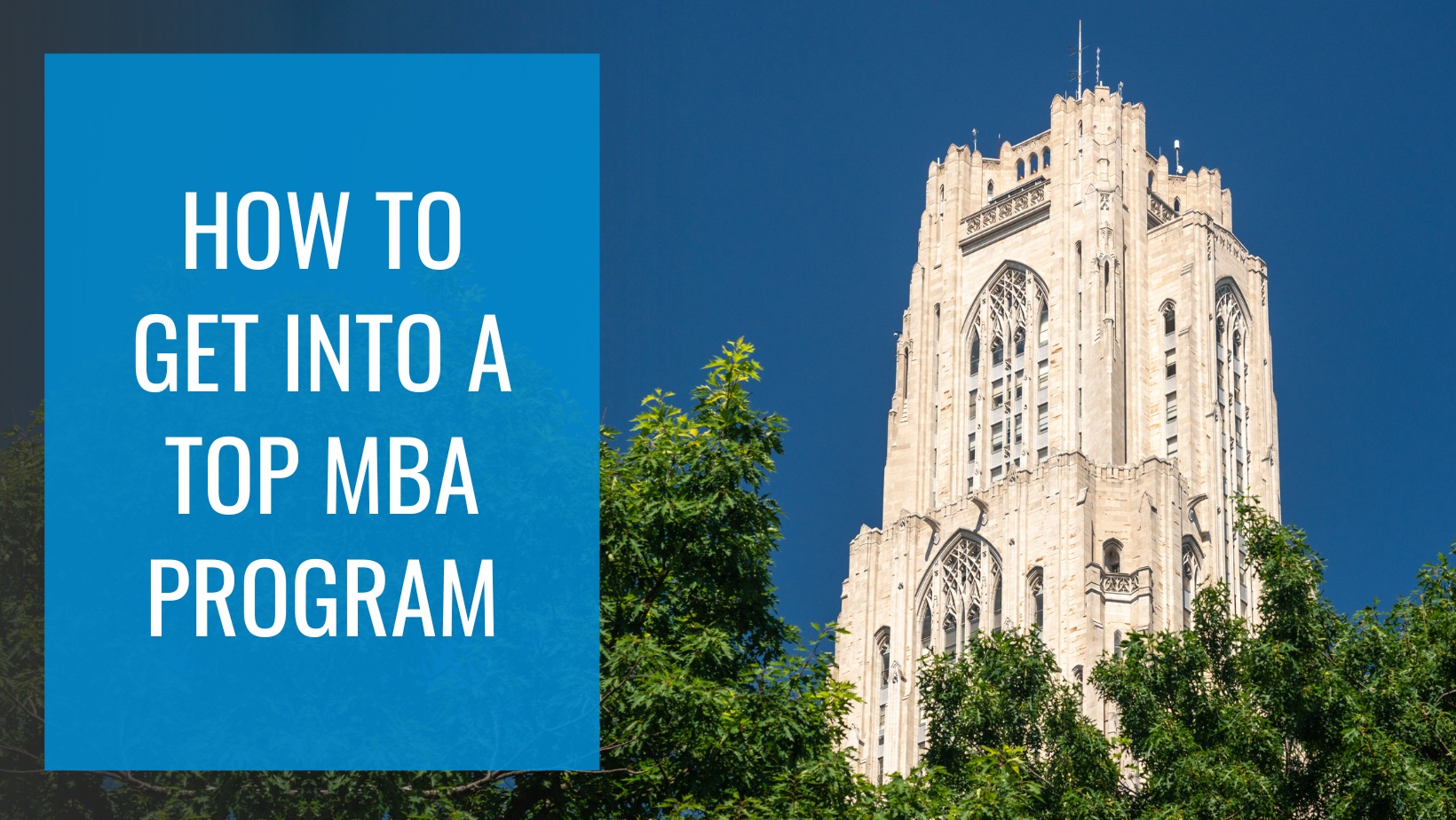In this post, we’re breaking down what the most selective MBA programs – like Harvard Business School, Yale School of Management, and the Wharton School – are really looking for in applicants. I’ll share insights on leadership and initiative, personal character, academic readiness, career progression, and goal clarity, along with tips on aligning your application to these expectations. If you’re trying to understand how to get into a top MBA program, it’s crucial to think about what these selective programs are looking for.
1. Leadership and Initiative
Elite MBA programs consistently value candidates who go beyond their job descriptions. They want people who take action without being asked and drive measurable results.
Consider highlighting:
- Times you volunteered for special projects or cross-functional task forces.
- Problem-solving moments where you streamlined processes, improved efficiency, or saved money.
- Experience in leading teams, launching projects, or developing strategies (even informal leadership counts).
- SWOT analyses you’ve conducted and how your recommendations impacted your organization.
- Participation in software implementations, beta testing, or customer-experience pilots.
Don’t forget community involvement – from nonprofit work to leadership roles in employee resource groups, fraternities/sororities, or student organizations.
2. Personal Character and Values
Your integrity, adaptability, and empathy matter as much as your technical skills. MBA admissions committees assess whether you:
- Maintain high ethical standards, even under pressure.
- Collaborate well across diverse teams and cultural backgrounds.
- Learn from others and contribute meaningfully to group success.
Choose recommenders who can authentically vouch for your character – a former manager, professor, or mentor who has directly witnessed your work ethic and leadership style.

3. Academic Readiness
Top MBA programs expect academic excellence, especially in quantitative areas.
Competitive benchmarks often include:
- GPA: 3.5 or higher in core courses (not just general electives).
- GMAT: ~700+; GRE: 325+; GMAT Focus: 645+.
- Strong performance in quantitative courses like statistics, calculus, accounting, or finance.
To stand out, also include academic extras:
- Research projects or conference presentations.
- Study abroad experiences that broadened your business perspective.
- Teaching assistant roles or case competition victories.
For up-to-date testing information, visit the Graduate Management Admission Council (GMAC) and the Educational Testing Service.
4. Career Progression and Impact
Admissions committees examine your career trajectory, not just your job titles. They look for:
- Clear promotions or expanded responsibilities over time.
- Special projects or task force work showing initiative.
- Evidence of collaboration, especially across departments or internationally.
- Mentorship roles, onboarding new hires, or guiding interns.
Impact matters. Did your work lead to measurable savings, revenue growth, or improved efficiency? Showcase those results.
5. Clarity of Goals and School Fit
The “why MBA” question is crucial. Committees want:
- Short-term goals (2–3 years after graduation).
- Long-term goals (5–10 years out).
- A convincing explanation of why now is the right time for your MBA.
Align your aspirations with the program’s strengths, culture, and alumni network. Research faculty, courses, and extracurriculars – and make specific connections in your essays. LinkedIn is a great tool to explore alumni career paths and see if they match your ambitions.
Conclusion
The best business schools seek more than impressive stats and prestigious employers. They’re looking for holistic, forward-thinking leaders – people who can adapt, collaborate, and innovate.
Applying to a competitive MBA program can be challenging, but with the right approach, you can craft an application that resonates. If you’re ready to start shaping your MBA story, our team at Solomon Admissions Consulting can guide you every step of the way. Contact us to get started with a free consultation!
Frequently Asked Questions
While there’s no official cutoff, a GPA of 3.5+ is competitive. Strong quantitative coursework can offset a slightly lower GPA.
While not strictly required, showing both can demonstrate a balance of professional impact and personal engagement.
Both are important. Strong scores help demonstrate academic readiness, while your work experience shows leadership and impact.
Yes, but you should show quantitative readiness through coursework, certifications, or professional achievements.

Former Admissions Reader at the University of Chicago, Booth School of Business.
Former Admissions Counselor at Bowling Green State University.
2 Years in Undergraduate Admissions at BGSU
1 Year at UChicago, Booth Admissions
2000+ Applications Read and Evaluated
Terrell earned his Bachelor’s degree in Business & Marketing Education from Bowling Green State University and later on earned his Master’s in Business Administration. While developing a passion for working with the college student population, he went on to purse a Master’s degree in Higher Education Administration from Eastern Michigan University.



